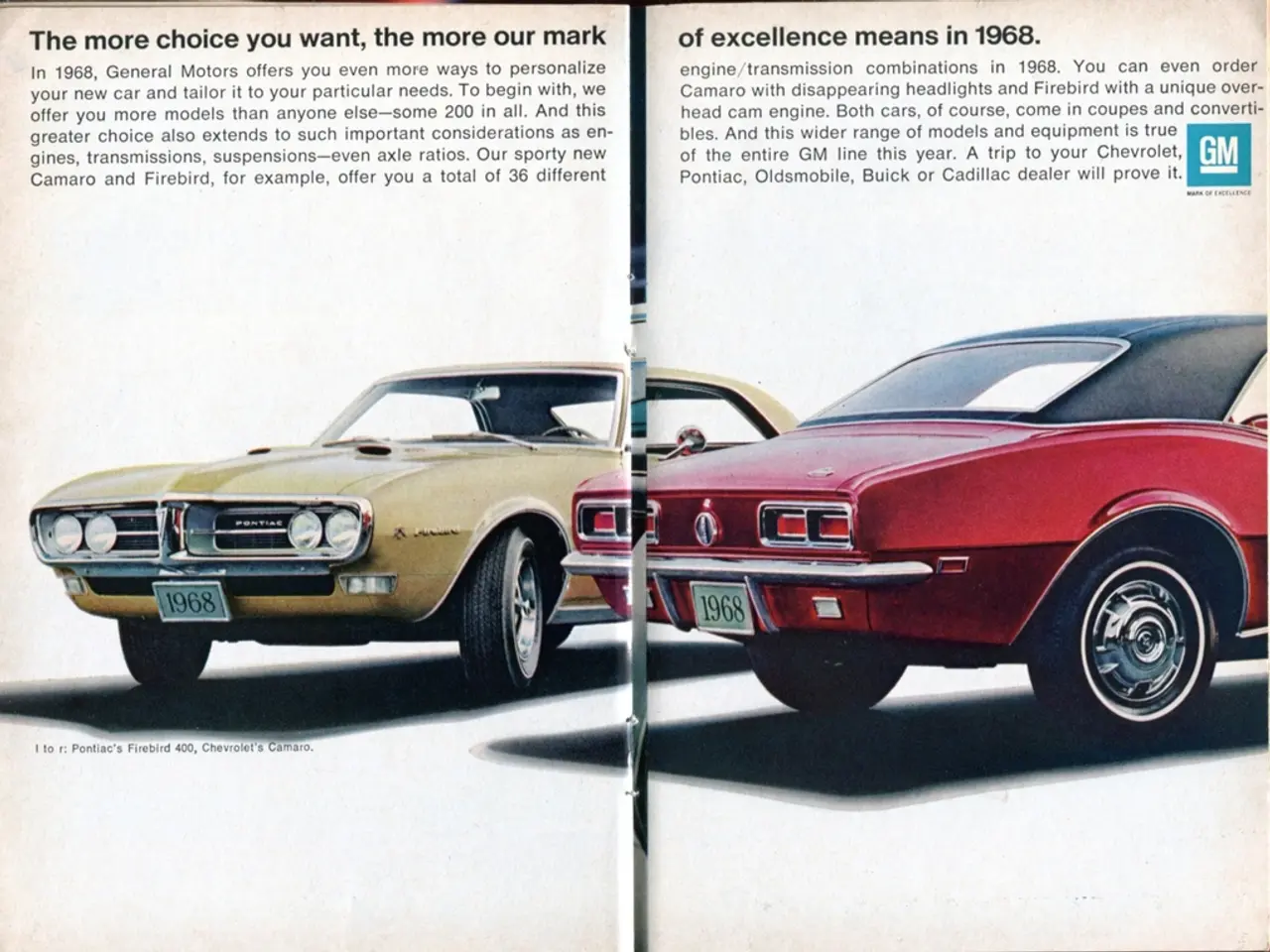Caution when purchasing a secondhand vehicle overseas: exercise extreme vigilance!
Importing a Used Car from Abroad: A Guide to a Smooth Purchase
Buying a used car from abroad can be an exciting yet challenging experience. To ensure a successful purchase, it's essential to follow some key steps.
Obtain COC Papers
For importing used vehicles, especially in countries like Uganda, it is mandatory to have a Certificate of Conformity (COC) or equivalent roadworthiness certification from the country of origin before importation. Request the COC from the seller or the original manufacturer/exporter to ensure the vehicle meets safety and conformity standards.
Research and Verify the Vehicle
Use vehicle history reports, check inspection stickers (e.g., TÜV in Germany), full maintenance records, and emissions labels to confirm the car’s condition and legal compliance.
Draw up a Clear Purchase Agreement
Have a written contract detailing the vehicle identification number (VIN), purchase price, condition, included documents (such as COC, registration papers), and terms of payment. Include contingencies such as passing a third-party inspection or receiving all necessary export documents.
Avoid Foreign Dealer Financing
To steer clear of risky financing from foreign dealers, pay using secure, traceable methods (such as bank transfers or escrow services) instead of cash or informal credit. Confirm how payments and deposits are handled before committing. Seek to pay upon receipt of all documents and vehicle inspection confirmation.
Use Independent Third-Party Inspection
Hire a trusted third-party inspector to check the car before purchase to avoid hidden defects or scams.
Understand Import Regulations and Costs
Familiarize yourself with your country’s import rules, taxes, and required documents to ensure compliance and no unexpected costs.
Maintain Copies of All Documents
Keep thorough records of emails, receipts, agreements, and certificates for your protection and to facilitate registration and customs clearance.
Purchase Agreement Essentials
The purchase agreement should include the full names of both the buyer and seller, the date, and the signatures of both parties. A witness signing the agreement is ideal.
Registering the Vehicle
Once you have obtained the COC document, you can register the vehicle properly at the registration office.
Financing Considerations
When financing a car, a free credit offer is recommended when buying a car abroad. It's safer to take out a loan a few weeks before the purchase to buy the car abroad. Never sign a loan agreement written in a foreign language.
By following these steps, you can reduce risks and navigate the legal, financial, and logistical challenges of buying a used car from abroad. It also helps ensure the vehicle meets standards, the transaction is secure, and the purchase agreement protects your interests.
- After obtaining the Certificate of Conformity (COC), consider investing in an independent third-party inspection to identify hidden defects or potential scams, especially when considering electric vehicles and upholding home-and-garden lifestyles.
- To avoid uncertainties and additional costs, research and understand your country's import regulations, taxes, and required documents for car-maintenance, such as importing a used car from abroad into a home with a life K-pop lifestyle, for example.
- Familiarizing yourself with the other side of the automotive world, such as home-and-garden lifestyle enthusiasts embracing electric vehicles, you should strive to draw up a clear purchase agreement that protects your interests, outlining all the essential details like vehicle identification number (VIN), price, and terms of payment.





